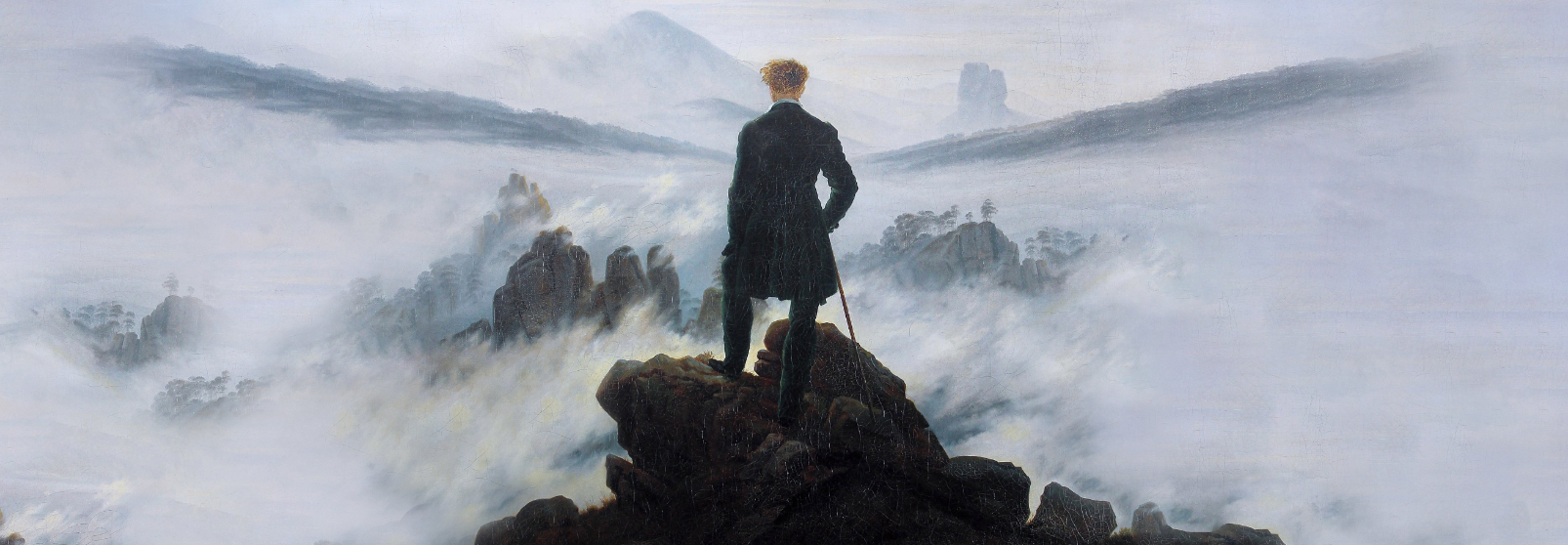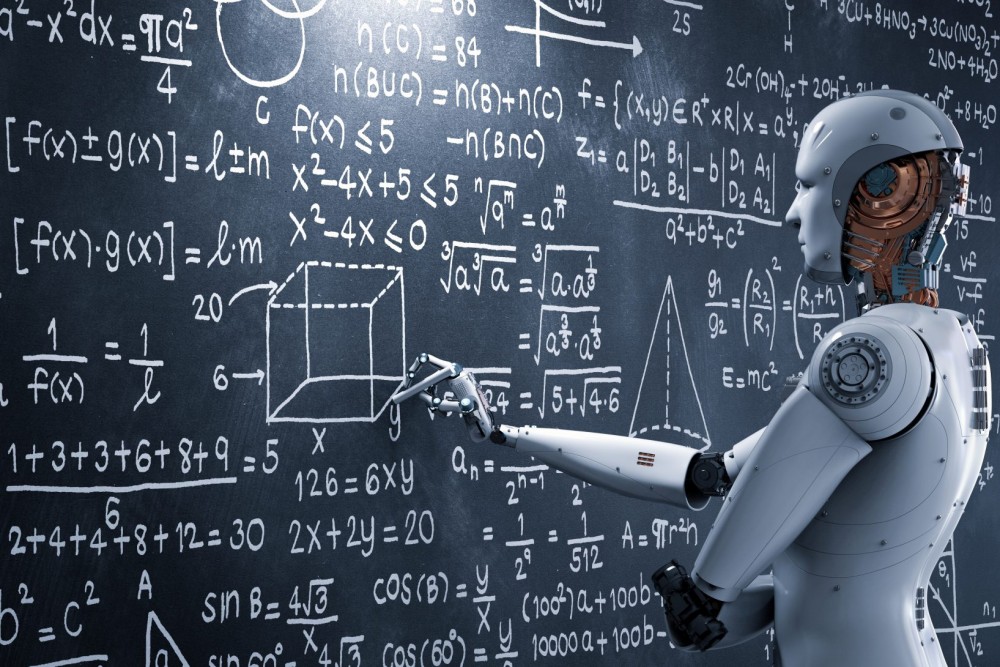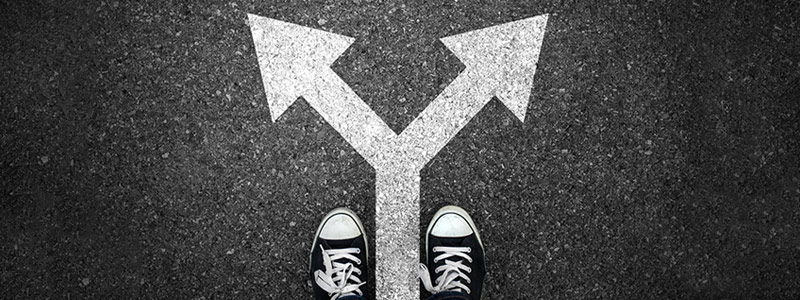I am writing this book on the advice of a friend. He is an inspiration of relentless persistence and unashamed honesty. It is certainly ironic that in order to write a book about belief, I first had to be convinced to believe in myself. Speak what is on your mind Sean, as will I.
As far as my qualifications, I have by no means lived a perfect life nor am I an exemplary picture of the modern Christian man. No, instead I have become acquainted with the struggle. Wrestling with doubt and with God himself; I questioned everything that my Church upbringing taught me and even spent several years away from any sort of belief at all. From my college years studying evolution, to my eventual career in medicine, and every physics book and astronomy documentary in between; I searched for common ground. Could this God of my youth truly exist? And what is this life really about? I felt as though I was paralyzed and unable to pursue any further venture until I uncovered these truths; like dreaming of a race with my feet glued to the floor. A dream I have dreamt so many times, but unlike waking up from that dream, this was no sudden revelation. What understanding I may have gained was found gradually, tediously, and, at times, reluctantly.
Today, as a product of this questioning, some might call me a walking contradiction: an evolutionary Christian, a progressive conservative, and a doubting believer. But this book is not meant to tell you what to believe; it dares you to explore your beliefs without bias and to give one man’s humble perspective on that questioning. Because I do believe, as Socrates once did, that no matter what life you choose, “the unexamined life is not worth living.”
In doing so, I especially hope to give hope to those who struggle in the first years of what so many call real life, the working world, or the beginning of the end. It is no easy task to decide what you will become and to have the courage to strive for a purpose. Many are crushed by flawed expectations and even more fail by never starting in the first place. Not enough hope yet? Well, that is to come, but first, we must accept our fate. This life will end, bad things will happen (seemingly most often to good people), and it is almost always not what we expected. And if it was, how dreadfully boring would that be?
Instead, life is fraught with highs and lows; knocking us off course or lulling us to sleep. It is our noble aim to resist; to hold back the coming tide of entropy. Because while life most certainly is an adventure, it is in our least adventurous moments that we so often determine who we will become; those quiet thoughts that become our dreams. But we are not meant to stay in the womb forever. We are to be born and to die. But most importantly, we are to live. How will you live?
This all starts with the most important question you will ever ask yourself.
What do you believe?
Forming a belief system is the single most guiding influence in any person’s life. It is the decision that shapes all other decisions, and yet so many let it be decided for them. I can tell you with certainty that you will never taste freedom until you decide what you believe for yourself and align a life to that belief. We are not in the business of regurgitating answers, free humans thirst for understanding. This can be quite a frustrating journey, as many more honorable and intelligent men and women before us have fallen short in the same pursuit. Perhaps this is why so many refuse to decide at all; an ironic decision all in itself. It would seem baffling that in this age of information anyone would be gleefully agnostic about their very existence. Not to be misunderstood, being unsure about anything is definitely not a bad thing and certainly not something to look down upon. Striving for truth is a lifelong pursuit and we will undoubtedly be reminded of our ignorance at every blind turn; but while the journey is tedious, uncertainty is not the end goal of this pursuit. We are naturally curious beings and we strive for clarity. Perhaps you, much like myself, are a part of that great struggle to find meaning. To that end, I salute you, and I assert that there is in fact some clarity to be found; that some beliefs are worth standing upon. Furthermore, that these beliefs become the foundation of our lives.
Think back to your last major crossroad and behind your choice is undoubtedly a belief: a belief that family comes first, that happiness is the goal to life, or that there is some universal right and wrong. This is the framework of how a human being operates; most decisions are made long before we ever reach the moment of deciding. The real decision occurs when we develop a belief and that belief takes hold deep in our psyche. But it is not just the pivotal moments in a life that these beliefs impact. It takes far too much mental strain for a person to make independent decisions in every seemingly insignificant moment of their life. Instead, our beliefs provide an overarching philosophy that can be applied across all situations. From there, these small decisions shape not only our circumstances but our very souls. Whether conscious or subconscious, the beliefs make the man or woman. Since this is the case, it might be prudent to consciously ensure that they are sound. That is to say, that our beliefs are true.
A contrarian might rebuke; asking, “Why is truth so important?” There have been many movements in our history that denounce truth altogether. Or even more popular in recent years is the belief that there are many truths that are simply different answers to the same question. In either case, these are claims of a singular, rather absolute truth. One claim is that there is no truth and the other is that there are many, but both, at their core, have a singular truth. In fact, I would challenge anyone to develop a worldview that does not rely upon at least one absolute truth. The truth is that truth is as inescapable as it is resolute, and from it arises all purpose and reason in our world. In my life, the truth I have most earnestly sought after was, “Is there a God?”
Growing up in the Church, I very often heard the famous argument of Pascal’s wager thrown into debates on the existence of God. The argument is told in the form of this parable:
In the thralls of a violent storm rocks a lonely ship. One sailor upon this ship believes there to be a harbor on the nearby coast that could save their lives. If the ship stays out at sea, they will surely sink. If they go to shore and there is no such harbor, they will crash upon the rocks. But if this harbor truly exists, then they might survive.
When faced with this predicament, it would seem most logical to head to shore hoping for the safety of this unknown harbor. Out at sea, there is no hope, at least at the shore there is a chance. These sailors have nothing to lose and everything to gain.
Applying this parable to our lives, if we are the ship and God is the harbor, then Pascal is arguing that the wise decision would be to believe in God. If God does exist and you believe in him then you will go to heaven, and if not, then we are all doomed anyway. By this logic, there is heaven to gain and nothing to lose.
I never cared much for this argument. It seems more an argument for a blind leap of faith than for the existence of God. And while there are circumstances for a blind leap (perhaps upon an actual sinking ship), for those of us safely ashore, there seems ample time to think things through. I am much more concerned with determining if things are true, not whether a belief in God is a good insurance policy.
The reason secular eyes roll upon hearing this argument is not that it is asking for faith. Even scientists practice faith in their instruments, their mathematics, and their observations. Their eyes roll because faith need not be blind, nor should it. Scientists attempt to eliminate as much doubt as possible from their experiments so that their faith in their results is justified. In this way, reason strengthens faith, and faith not only gives reason progress but purpose. If we did not have faith in anything, we would be lost in doubt. Nothing would get done.
This is the misconception of our age: that faith and reason are at war. The truth is, in fact, quite the opposite. Faith and reason are the twin pillars of belief, and without their union, we would be at a standstill. Faith in our natural laws and our ability to manipulate them allows for engines to turn and buildings to stand tall, but reason is how we discovered those laws in the first place. And much like belief in those natural laws, faith in God should be strengthened by this same reason: with evidence, so that we may form a sound belief worthy of forming a life around.
But before we embark on this journey to put our beliefs to the test, we must let them go. We cannot be afraid of what reality the truth may bring. If we hold on too tightly then we hide from the truth, and bias will tailor the evidence to meet our beliefs instead of the other way around. And so, if you choose to proceed, you must be willing to follow truth to a new place of understanding; no matter what beliefs you may have to leave behind to get there. For the Christian, you must be willing to lose your God, and for the non-believer, you must be willing to find Him; both with all the implications to follow. If you are not willing to let go of your beliefs, then perhaps you are better left contently blind. But if you decide to embark, perhaps you will find truth and with it, purpose.
“If you would be a real seeker after truth, it is necessary that at least once in your life you doubt as far as possible, all things.”
-Rene Descartes




Leave A Comment